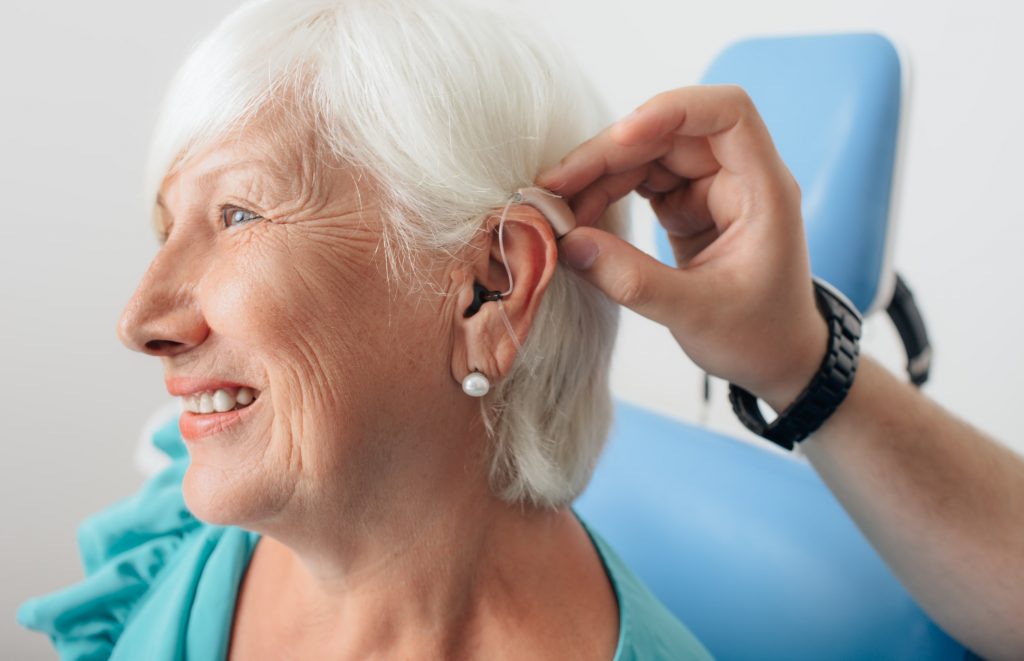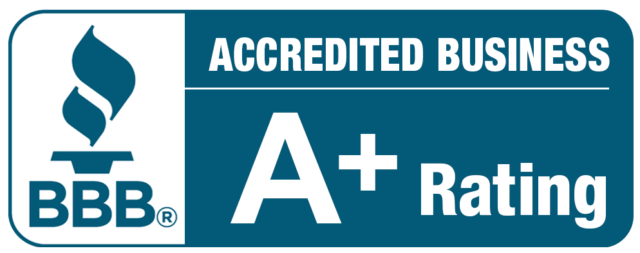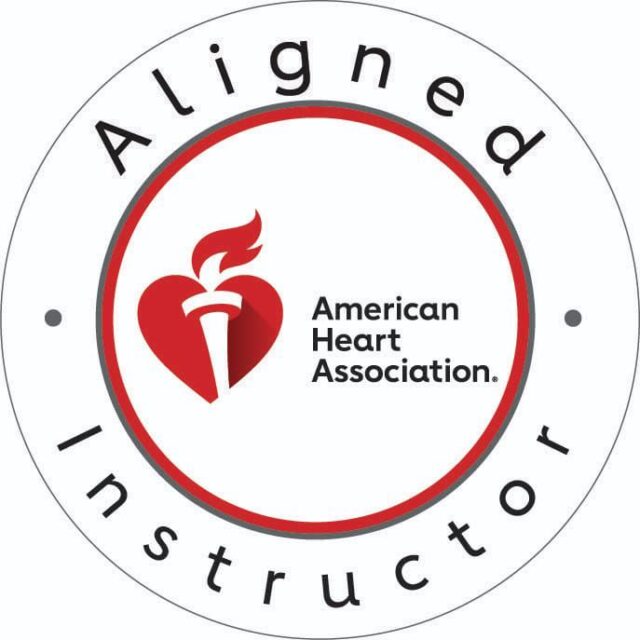Step 1: Determine Eligibility
The first step in getting free hearing aids for older adults is to determine eligibility. Many organizations and programs have specific eligibility criteria for their services. Some organizations may provide free hearing aids to individuals over a certain age or with a specific income level. Others may require a medical referral or a diagnosis of hearing loss. It’s important to check the eligibility criteria of any program you’re interested in before applying.
Step 2: Research Programs and Organizations
There are several programs and organizations that provide free hearing aids to older adults. These include government programs, non-profits, and private companies. Some examples include the Department of Veterans Affairs, the Lions Clubs International Foundation, the Starkey Hearing Foundation, and the Hearing Charities of America. Research these programs and organizations to determine which ones may be a good fit for you or your loved one.
Step 3: Apply for Assistance
Once you’ve determined your eligibility and found programs or organizations that may be able to provide assistance, it’s time to apply. Many programs will require an application and supporting documentation, such as proof of income or a hearing test. Be sure to carefully review the application requirements and submit all necessary documentation. Some programs may also have waiting lists or limited funding, so applying as early as possible is essential.
Step 4: Consider Alternative Options
If you are unable to qualify for free hearing aids through a program or organization, there are alternative options to consider. Some local hearing clinics may offer discounts or payment plans for hearing aids. Additionally, some states require insurance providers to cover the cost of hearing aids for older adults, so it’s worth checking with your insurance provider to see if this is an option.
Step 5: Advocate for Change
If you or a loved one are struggling to afford hearing aids, consider advocating for change. Contact your local representatives or advocacy groups to voice your concerns and support efforts to improve access to affordable hearing care. By advocating for change, you may be able to help future generations of older adults get the hearing care they need.
Where Can I Get Free Hearing Aids In Indiana?
There are several programs and organizations in Indiana that offer free or low-cost hearing aids to eligible individuals. Some of these programs include:
- Indiana Medicaid: The Indiana Medicaid program may cover the cost of hearing aids for eligible individuals. Eligibility requirements vary depending on income, age, and disability status.
- Indiana Department of Veterans Affairs: The Indiana Department of Veterans Affairs provides free hearing aids to eligible veterans who have a service-connected disability rating of 10% or higher.
- Lions Clubs International Foundation: Lions Clubs International Foundation may provide hearing aids to eligible individuals through its hearing aid recycling program. This program collects used hearing aids, refurbishes them, and donates them to those in need.
- Hear Now: Hear Now is a national non-profit organization that provides hearing aids to low-income individuals who are uninsured or underinsured.
- The Starkey Hearing Foundation: The Starkey Hearing Foundation provides complimentary hearing aids to eligible individuals through its Hear Now program. The program provides hearing aids to low-income individuals who do not have access to hearing healthcare.
- The Hearing Health Foundation: The Hearing Health Foundation offers a program called the Hearing Aid Project. This project provides refurbished hearing aids to low-income individuals with hearing loss.
It’s important to note that eligibility requirements and availability of services may vary by program and organization. It’s okay to contact each organization directly to determine eligibility and availability of services.
Looking for where to access care in Indiana? See our guide on HOW TO ACCESS CARE IN INDIANA.






One comment
Pingback: Signs And Symptoms Of Prostate Cancer | Experts View
Comments are closed.